Five ways a federal debt default could hurt Americans
Americans are getting a crash course on the country’s borrowing limit, as a high-stakes standoff on Capitol Hill dominates national attention.
Last month, the Treasury Department announced it’s implementing “extraordinary measures” to keep the nation from defaulting on its debt, after it hit the roughly $31.4 trillion limit set by Congress more than a year ago.
The Treasury said the measures are expected to give Congress until at least June to reach a deal to raise the limit, which caps how much debt the government can take on fulfill its spending, and prevent what would be a first-ever default — an outcome Republicans and Democrats are hoping to avoid.
Below are just five reasons why the U.S. can’t afford to default.
Recession is almost certain
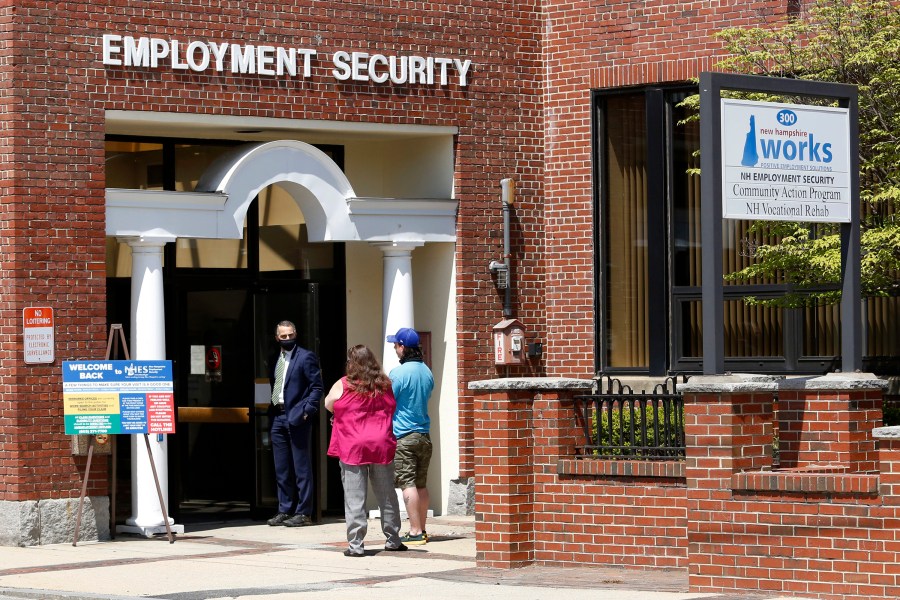
Recession fears have already been on the rise for months, as economists and lawmakers have paid close eye to the Federal Reserve’s ongoing interest rate hikes in response to high inflation.
But the threat of a drastic slowdown would rise exponentially if the nation were to default later this year, experts say.
“It would affect lending and borrowing and financial markets,” New York University economics professor Mark Gertler explained, adding that the combination of less borrowing and less spending would trigger recession.
The U.S. economy would also crater as it loses billions of dollars in federal spending that the government can no longer follow through on, including crucial social safety net programs for millions of Americans.
Federal benefits in danger
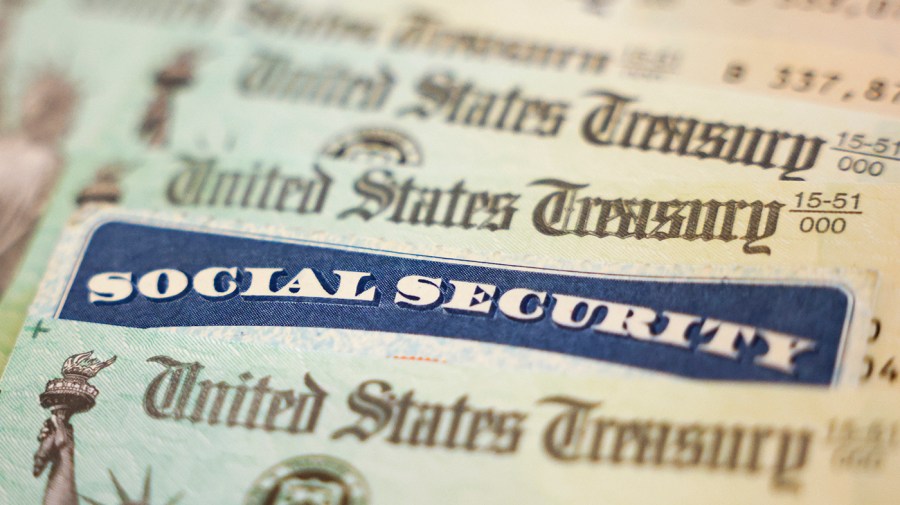
No one is sure which obligations could fall to the wayside if the Treasury is unable to fulfill all of its financial duties.
Republicans have proposed legislation seeking to prioritize certain duties as a backup plan. Proposals floated by some would put handling Social Security benefits and Treasury bonds at the top of the list, along with military salaries and veterans benefits, according to Semafor.
But that doesn’t mean everyone would get paid — including thousands of federal employees.
“If the government could legally and technologically do that, it means that more people wouldn’t get whatever is not on that list,” David Wessel, director of the Hutchins Center on Fiscal and Monetary Policy at the Brookings Institution said, pointing to IRS refunds that could also be impacted by a default, or even “paying the FBI.”
“Some obligation of the federal government is not going to be met,” he added. “And that would be a landmark and it would always raise the question in the future, ‘Are these guys going to do this again?’”
Interest rates spike
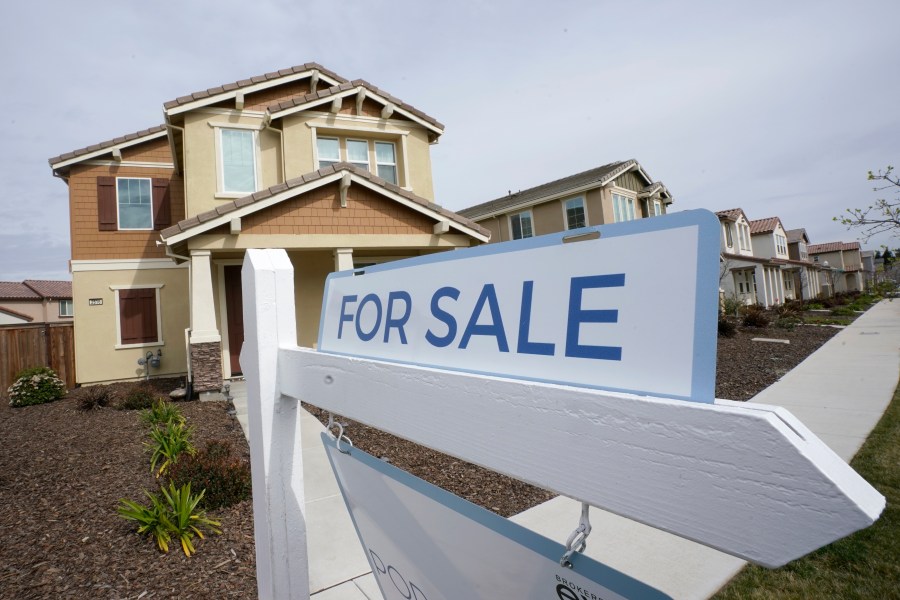
Multiple experts warn the nation could see higher interest rates on its debt as a result of default.
U.S. Treasury bonds are currently regarded as among the world’s safest assets, affording the government a reputation as a reliable borrower on the global stage. And that standing allows the government to borrow more money to fulfill its financial obligations.
“We benefit as Americans from the fact that our government can spend more than it takes in revenues to do all the things we want the government to do,” Wessel said.
“We benefit from the fact that, as a society, we don’t save as much as other societies and they lend us their savings by buying Treasury bonds.”
But if the nation defaults, Wessel and other experts warn the U.S. would be seen as less trustworthy borrower, and have to pay more on its interest.
The headaches wouldn’t stop there and depend on how long a default lasts. Wessel warned that the effects would rush across the economy and even into consumers’ pockets.
“If you look at the bond market, when yields in the bond market go up, mortgage rates go up,” Wessel said. “So, everybody might have to pay a little more to borrow.”
Inflation could lower – but at a steep price
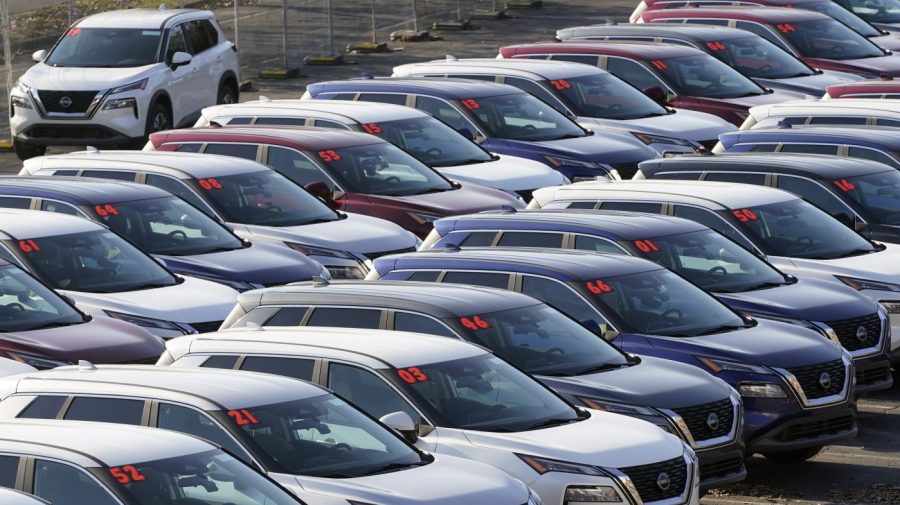
Experts say inflation could also lower, but not in the way most would hope.
Some say prices would fall as a result of a slower economy in such circumstances as demand weakens, but not if they were already hindered by shortages.
“It’s like saying, ‘Well, the good news is your arm doesn’t hurt anymore because we amputated it,’ ” Wessel said.
“It wouldn’t do anything to speed the semiconductors going to the auto industry or deal with the fact that hotels are raising prices because their electric bills are going up and they can’t hire workers,” he added.
Stock market takes a tumble
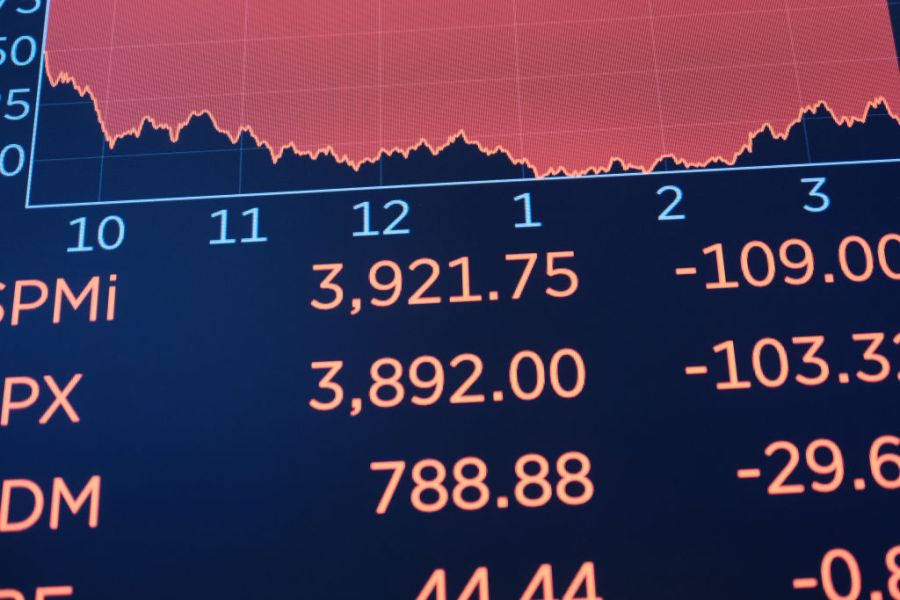
Stock portfolios would take a serious hit if the nation defaulted on its debt, sapping retirement accounts and draining crucial sources of revenue for major companies.
“The stock market would fall hard, credit markets would tighten up then that restricts the flow of credit,” said Greg McBride, analyst at Bankrate.com. “And that’s where the economic damage really comes into play.”
That flow of credit, McBride explained, would be restricted for other borrowers, including state and local governments, corporations and consumers, who “would be increasingly locked out in a tighter credit environment.”
Likelihood of a default?

Republicans and Democrats alike want to avoid a default, but are deeply divided over how to do it.
GOP lawmakers have vowed not to vote to raise the debt ceiling without major spending cuts despite promising they would not let the U.S. default. Even so, Republicans have yet to unify behind any proposal to cut down the federal debt and are sparring over how much to cut defense spending, if at all.
At the same time, Democrats have instead pressed for a clean bill to raise the debt limit without conditions, accusing Republicans of holding the economy hostage for their partisan goals.
The battle is one of the most significant tests the newly divided Congress faces this year.
Copyright 2024 Nexstar Media Inc. All rights reserved. This material may not be published, broadcast, rewritten, or redistributed..














